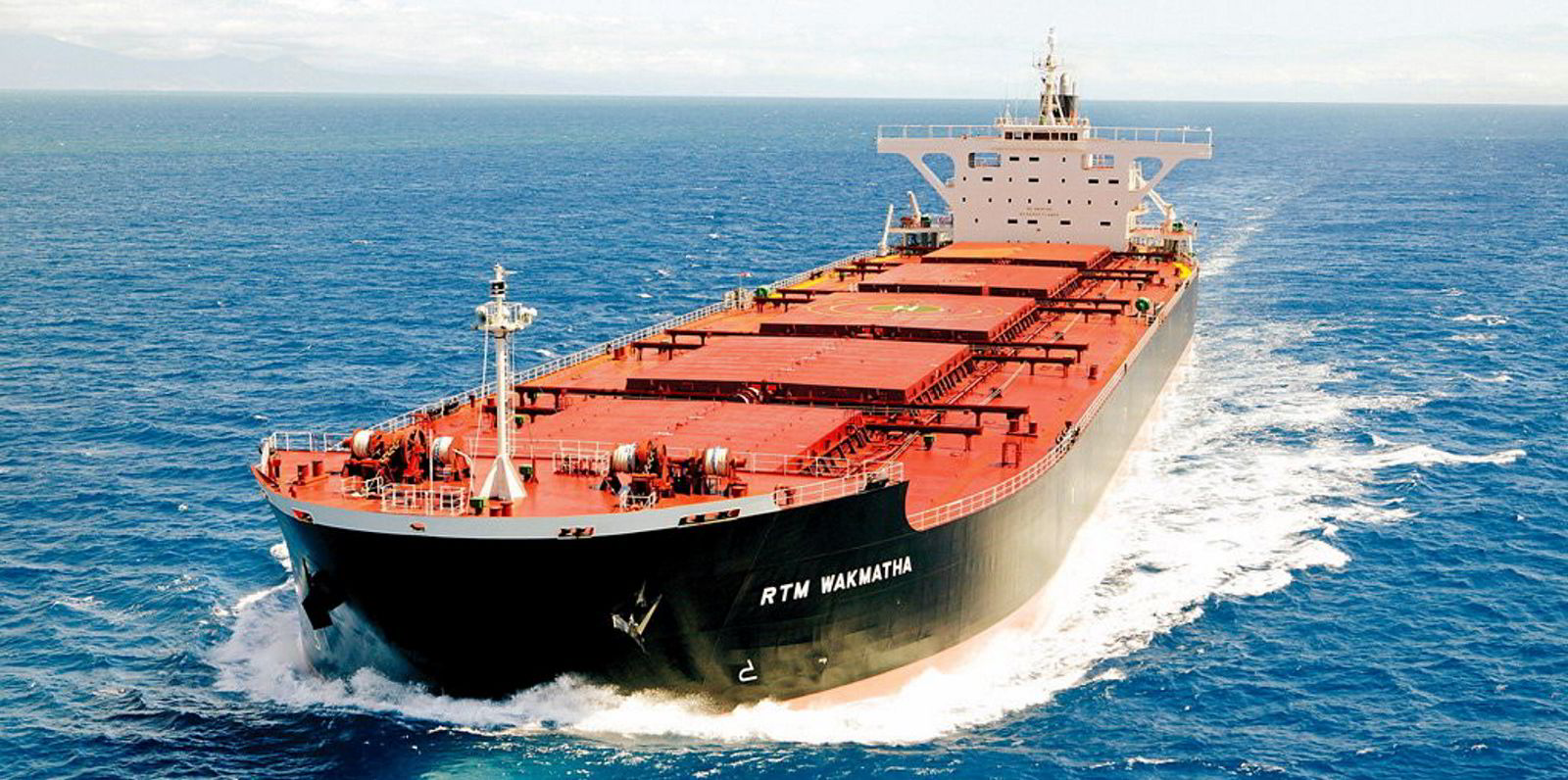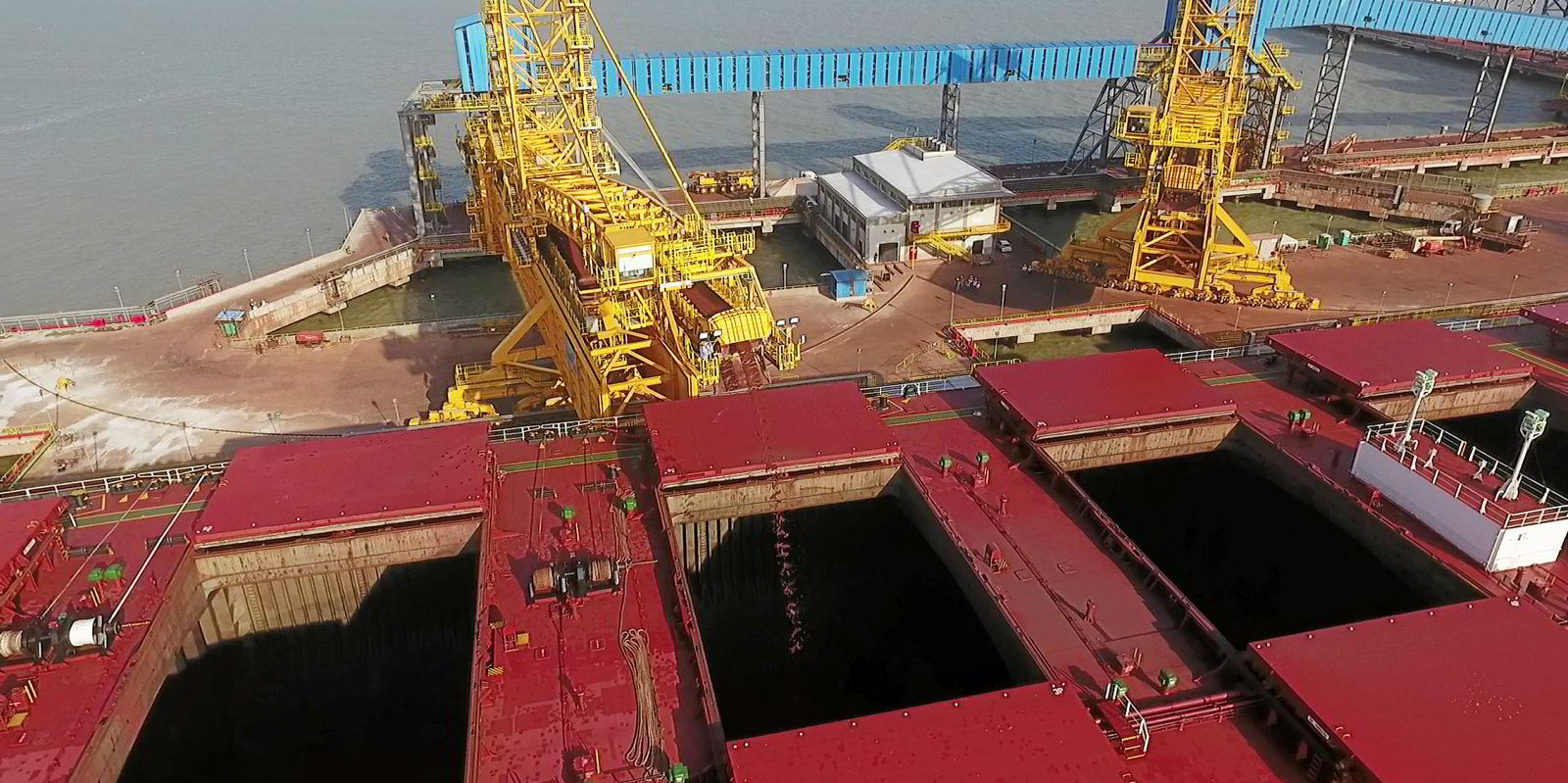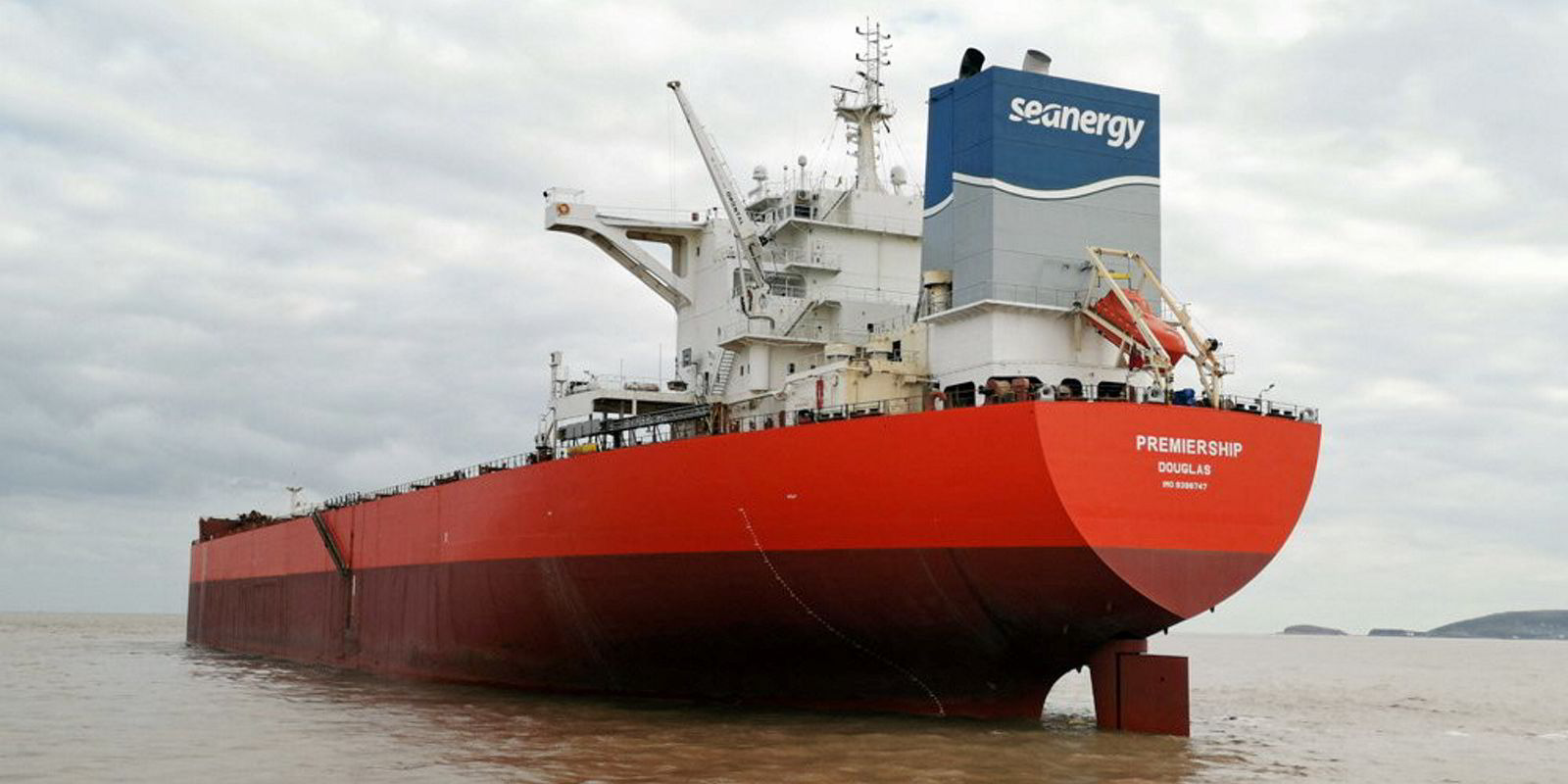Rio Tinto, the world’s largest iron ore producer, says China’s economic recovery has “fallen short of initial market expectations”.
The mining giant said China’s property market downturn continues to weigh on the economy and consumers remain cautious despite monetary policy easing.
On Tuesday, the Reserve Bank of Australia highlighted that China’s housing starts had fallen to their lowest level since 2006 and real estate investment had contracted further to be almost one-quarter below its 2020 peak.
Rio Tinto’s iron ore shipments were 79.1m tonnes in the second quarter of 2023, 1% lower than the corresponding period of 2022, reflecting the impact of planned major maintenance at the Dampier port and a train derailment.
“Iron ore prices declined by 12% over the quarter as China’s steel demand recovery encountered persistent headwinds, and steel prices and mill profitability remained compressed,” Rio Tinto said. “As a result, Chinese steel exports trended up sharply towards 100m tonne annualised — run-rates last observed in 2016.”
Rio Tinto said China’s seaborne iron ore imports were also supported by the delayed rebound in scrap availability and challenges to domestic iron ore production.
“Imports over the quarter declined marginally below their 1.25bn tonne per annum rate in the first quarter, but trended close to record seasonal levels,” the miner said.
“Seaborne iron ore supply performed strongly over the quarter, with June shipments from Australia and Brazil estimated at or close to all-time highs.”
Rio Tinto said negotiations over the co-development of the massive Simandou iron ore project in Guinea, in which it has a joint stake with Chinese producers and the government of the West African nation, continued to show progress but gave no production timeline.
The Jakob Stausholm-led company said it expects full-year iron ore shipments to be in the upper half of its 320m to 335m tonne range.
Elsewhere, Rio Tinto said bauxite production of 13.5m tonnes was 5% lower than the second quarter of 2022 as its Weipa operations were impacted by the higher-than-average first-quarter rainfall, which continued to reduce pit access and led to longer haul distances.
“As a result, our bauxite full-year production is expected to be at the lower end of our 54 to 57m tonne range, as we implement plans to recover lost production ... through the remainder of the year,” the company said.





